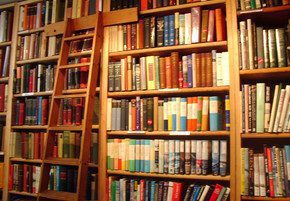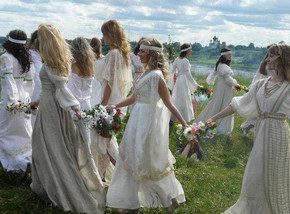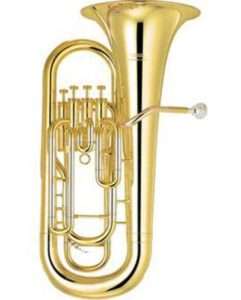
Composers and writers
Contents
Many outstanding composers had extraordinary literary gifts. Their literary heritage includes music journalism and criticism, musicological, musical and aesthetic works, reviews, articles and much more.

Often musical geniuses were the authors of librettos for their operas and ballets, and created romances based on their own poetic texts. The epistolary heritage of composers is a separate literary phenomenon.
Very often, literary works were for the creators of musical masterpieces an additional means of explaining musical language in order to give the listener the key to an adequate perception of music. Moreover, the musicians created the verbal text with the same passion and dedication as the musical text.
The literary arsenal of romantic composers
Representatives of musical romanticism were subtle connoisseurs of artistic literature. R. Schumann wrote articles about music in the genre of a diary, in the form of letters to a friend. They are characterized by beautiful style, free flight of imagination, rich humor, and vivid imagery. Having created a kind of spiritual union of fighters against musical philistinism (“David’s Brotherhood”), Schumann addresses the public on behalf of his literary characters – the frantic Florestan and the poetic Eusebius, the beautiful Chiara (the prototype is the composer’s wife), Chopin and Paganini. The connection between literature and music in the work of this musician is so great that his heroes live in both the literary and musical lines of his works (the piano cycle “Carnival”).
The inspired romantic G. Berlioz composed musical short stories and feuilletons, reviews and articles. Material need also pushed me to write. The most famous of Berlioz’s literary works are his brilliantly written Memoirs, which capture the seething spiritual quest of the art innovators of the mid-19th century.
The elegant literary style of F. Liszt was especially clearly reflected in his “Letters from a Bachelor of Music”, in which the composer expresses the idea of a synthesis of the arts, with an emphasis on the interpenetration of music and painting. To confirm the possibility of such a merger, Liszt creates piano pieces inspired by the paintings of Michelangelo (the play “The Thinker”), Raphael (the play “Betrothal”), Kaulbach (the symphonic work “The Battle of the Huns”).
The colossal literary heritage of R. Wagner, in addition to numerous critical articles, contains voluminous works on the theory of art. One of the composer’s most interesting works, “Art and Revolution,” was written in the spirit of the romantic’s utopian ideas about the future world harmony that will come when the world changes through art. Wagner assigned the main role in this process to opera, a genre that embodied the synthesis of arts (study “Opera and Drama”).
Examples of literary genres from Russian composers
The past two centuries have left world culture with a huge literary heritage of Russian and Soviet composers – from the “Notes” of M.I. Glinka, before “Autobiography” by S.S. Prokofiev and notes by G.V. Sviridov and others. Almost all famous Russian composers tried themselves in literary genres.
Articles by A.P. Borodin about F. Liszt has been read by many generations of musicians and music lovers. In them, the author talks about his stay as a guest of the great romantic in Weimar, reveals interesting details about the everyday life and works of the composer-abbot, and the peculiarities of Liszt’s piano lessons.
ON THE. Rimsky-Korsakov, whose autobiographical work became an outstanding musical and literary phenomenon (“Chronicle of My Musical Life”), is also interesting as the author of a unique analytical article about his own opera “The Snow Maiden”. The composer reveals in detail the leitmotif dramaturgy of this charming musical fairy tale.
Deeply meaningful and brilliant in literary style, Prokofiev’s “Autobiography” deserves to be ranked among the masterpieces of memoir literature.
Sviridov’s notes about music and musicians, about the composer’s creative process, about sacred and secular music are still awaiting their design and publication.
Studying the literary heritage of outstanding composers will make it possible to make many more amazing discoveries in the art of music.



